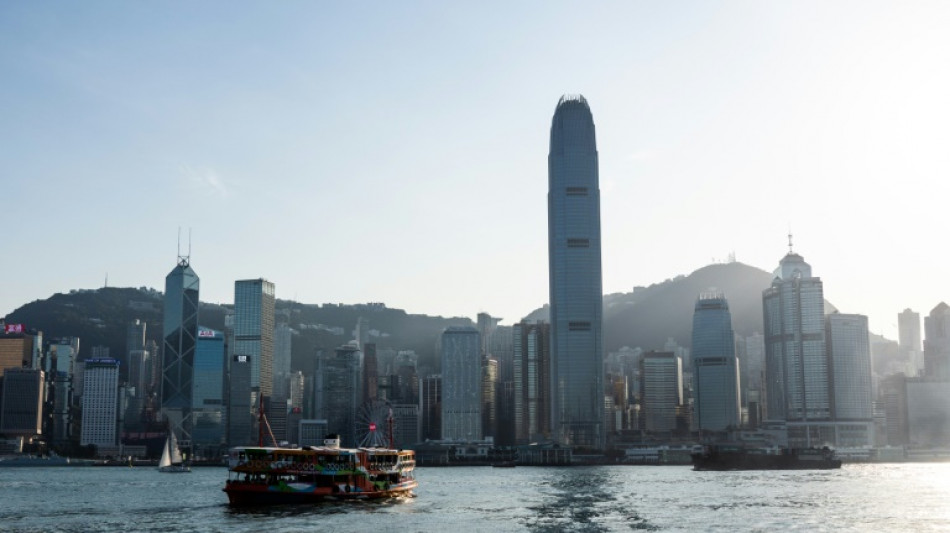
SCS
0.0200

An American legal scholar specialising in LGBTQ rights said Wednesday he was denied a visa to teach at a Hong Kong university, as concerns deepen about academic freedom in the city.
Hong Kong's universities rank among the top in Asia but have found themselves caught up in Beijing's crackdown on dissent following huge and sometimes violent democracy protests in 2019.
Legal scholar Ryan Thoreson said he was hired by the University of Hong Kong (HKU), the city's oldest, to teach human rights law as a tenure-track assistant professor, but his visa application was rejected.
"(The government) hadn't given an explanation for it, but it just showed up on the immigration website saying the application had been refused," Thoreson told AFP.
Thoreson previously taught at Yale and currently works as an LGBTQ rights researcher at Human Rights Watch, which has repeatedly criticised China's rights record -- including the crackdown in Hong Kong.
In the absence of an official explanation, he said it was difficult to say if the denial was linked to his HRW affiliation.
"I don't think my scholarship is particularly critical of China or politically sensitive," Thoreson said, adding that his work mostly focused on the rights of LGBTQ youth.
He said he had been teaching HKU courses remotely while waiting for the visa, and that the courses so far had nothing to do with Hong Kong's political context.
Hong Kong immigration authorities and the HKU law faculty did not immediately respond to AFP's requests for comment. Historically, city authorities do not explain visa rejections.
- Crackdown on dissent -
HRW described the decision as another blow to Hong Kong's reputation as a hub for academic freedom.
"Hong Kong authorities denying visas to scholars is nothing more than the Xi Jinping-ification of academic institutions -- a terrible loss," the watchdog's China Director Sophie Richardson told AFP.
China's crackdown in Hong Kong has ensnared educational institutions as well, from elementary schools to universities, with authorities saying there was a lack of patriotic education.
The government has since moved to incubate loyalty among students as part of a wider campaign to root out dissent.
Several higher education administrators have embraced that drive to make teaching more "patriotic" and purge campuses of certain political views.
In December, a decades-old statue marking Beijing's 1989 suppression of Tiananmen Square democracy protesters was dismantled by HKU.
Several other universities followed suit, bringing down similar memorials on their campuses.
Last week, workers also covered up a large slogan on an HKU campus bridge that mourned the Tiananmen "martyrs".
Since 2018, four foreign journalists working in Hong Kong have been forced to leave after their visas were rejected without explanation.
H.Yousef--DT